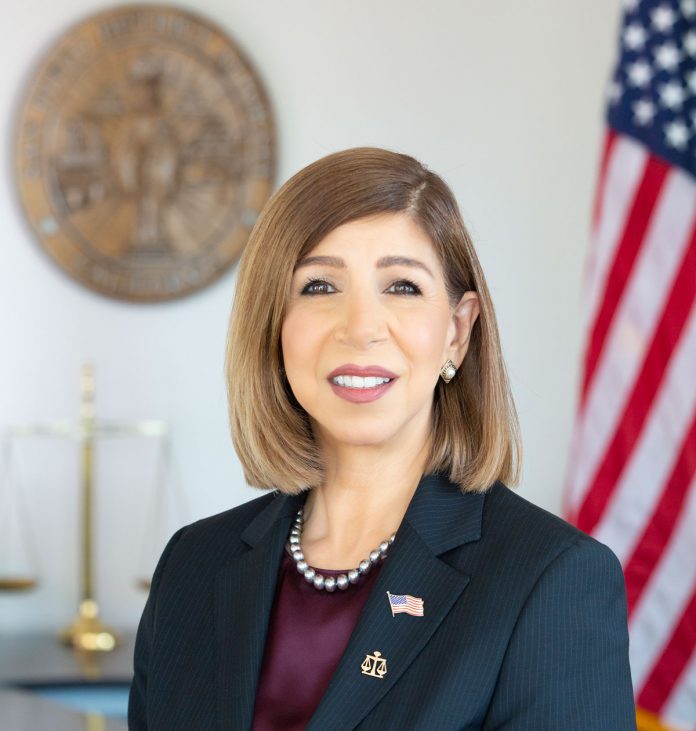During the holiday season, we often reflect on what we are thankful for and how we can help others in need. Many of us get into the spirit of charitable giving and want to help organizations with generous donations for taking care of our community, including giving to non-profits that help after natural disasters such as wildfires or hurricanes.
But not all charities are real: some are scams.
Nobody chooses to get scammed. But tricksters have figured out how to impersonate real charities to swindle money from caring people. In recent years, scammers have been caught impersonating charities online, calling people pretending to work for reputable charities, and even knocking on people’s doors in a big effort to con people out of money.
Rather than not donating at all, here are steps you can take to avoid scammers while continuing to give to important causes this holiday season.
Number one is asking questions.
Ask if the charity is registered with the Attorney General’s Registry of Charitable Trusts.
All charities operating in California including telemarketers soliciting donations are required to register.
If they aren’t registered, don’t donate.
If donating to a national charity outside of California, ask if they are a registered public 501(c)(3) organization with the IRS?
What is their Employee Identification Number, (EIN)? If they don’t have one, do not donate.
You can also use the Tax-Exempt Organization Search (TEOS) tool at www.irs.gov to locate a charity’s exemption status.
Donate to charities that you know and trust.
Don’t assume that charities are part of a bigger organization without asking questions.
Google it. Do your research about the organization. Find out how your donation will be used, but also be aware of look-alike websites.
You can also search www.charitynavigator.org and www.give.org for a list of legitimate charities.
Don’t be pressured by telemarketers’ tactics or even threats.
If they are not going to give you time to ask questions or do your research, don’t donate. Urgency is a red flag. Legitimate charities are willing to wait for you to do your homework.
Don’t be pressured by doorknocker charities. Often, people will go door to door asking for money for charitable causes.
If you decide to donate, never give out your social security number or other personal identifying information.
Do not donate by check. In the scam mentioned above, a donor gave the scammer a personal check with her bank account number.
Always protect your personal identifying information. Credit card donations the safest way to donate and will document your donation and can be disputed and easily canceled if you later discover your donation was compromised.
If you suspect you were scammed out of a donation:
Report the incident to the Federal Trade Commission.
File a consumer complaint with the California Attorney General.
If the donation was made online, you can also report the incident to the FBI.
I hope these tips you will help you avoid the grinches this holiday season. On behalf of our entire team at the District Attorney’s Office, which is dedicated to building safe and healthy communities, we wish you a joyful and safe holiday season.















